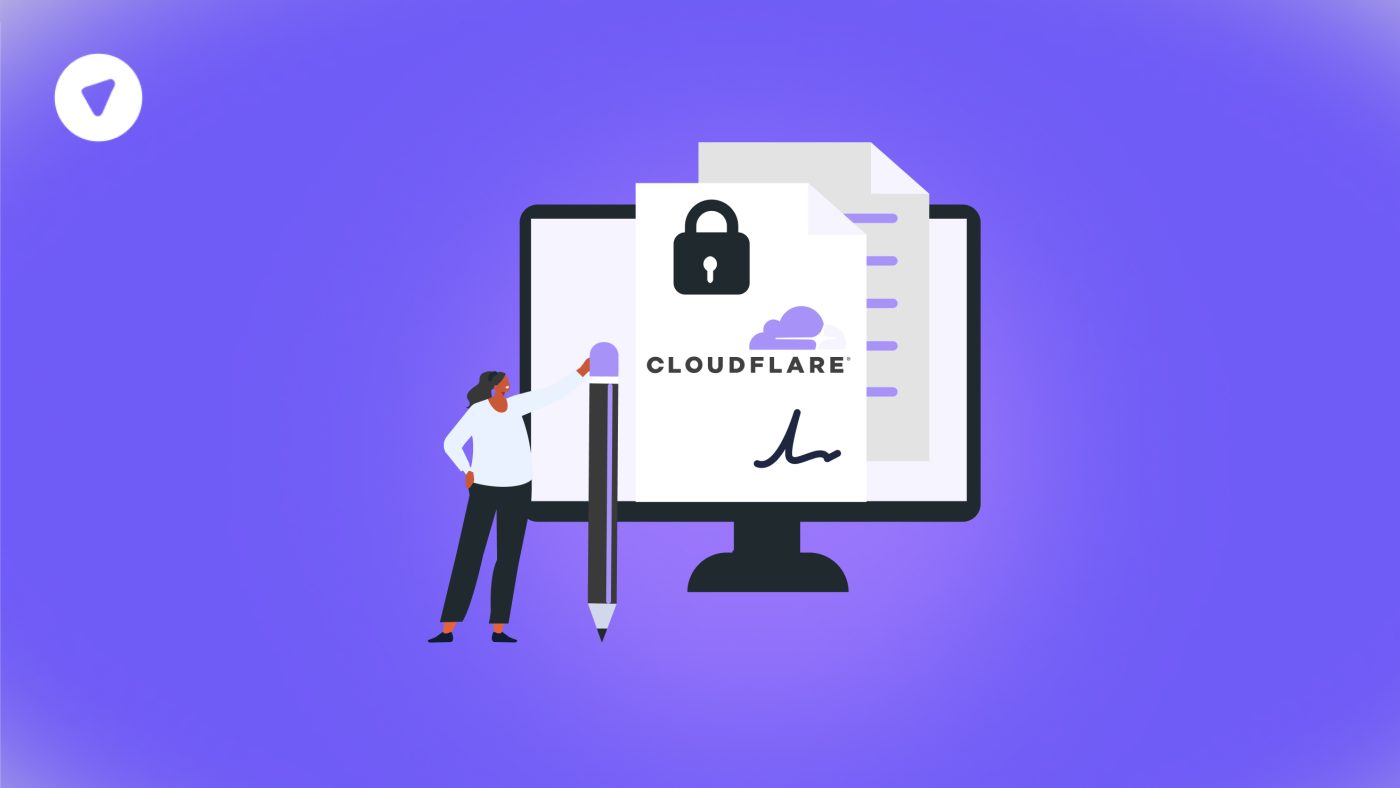Cloudflare protects over 20% of all websites on the internet.
It stops bots. It blocks DDoS attacks. It filters bad traffic.
But there’s a problem.
If you’re using a VPN — especially one that uses shared IPs — Cloudflare might block you too.
You’ll get stuck in a loop. Captchas won’t load. You’ll keep seeing “verify you are human” over and over again.
And if you run a VPN business or resell VPN services, this kills your user experience.
Let’s fix it.
Why Can’t You Pass Cloudflare Verification?
This happens all the time.
You load a site, and Cloudflare throws up a captcha. You solve it. But it doesn’t go away.
Or worse — the captcha doesn’t even load.
This is what users report:
- “Cloudflare will not verify that I’m human.”
- “Can’t verify the user is human, please try again.”
- “Cloudflare verification stuck.”
- “Can’t pass the Cloudflare captcha.”
And it’s worse if you’re on Chrome.
A lot of users say Cloudflare not working on Chrome or Chrome not allowing Cloudflare verification. It’s common. Especially if you have privacy extensions installed.
But here’s the thing — the issue usually isn’t Chrome. It’s your VPN.
Why VPNs Trigger Cloudflare’s Security?
Cloudflare doesn’t trust all IPs equally.
When you use a VPN, you’re often sharing an IP address with thousands of other users. That IP might have been used for scraping, spam, or fraud in the past.
Here’s what triggers Cloudflare to block or challenge you:

1. Shared VPN IPs with a Bad History
Cloudflare tracks abuse. If one user on your VPN IP misbehaves, it affects everyone.
2. Browser Mismatch
If your browser blocks cookies or JavaScript, Cloudflare might not be able to confirm you’re real. This is what causes the Cloudflare verify you are human loop.
3. WebRTC or DNS Leaks
If your VPN isn’t handling leaks properly, Cloudflare sees a mismatch in your IP or DNS — and blocks you.
6 Fixes for Cloudflare Verification Issues (When Using VPN)
Let’s say you or your VPN customers can’t get past the Cloudflare check.

Here’s exactly what to do.
1. Switch VPN Servers
This works 80% of the time.
Move to a different server or country. The IP reputation is likely better.
Some servers are used more than others. If you’re using a free or overloaded VPN, the chances of blocked IPs go way up.
2. Clear Browser Cookies and Cache
Cloudflare stores challenge history. A failed attempt might carry over on reload.
Clear your cookies and cache. Reload.
3. Try Incognito Mode
Private mode disables extensions and uses a clean profile.
If the captcha works here, the problem is a browser setting or extension.
4. Use a Different Browser
Still stuck? Try Firefox or Safari.
If Cloudflare works there, you know it’s a Chrome-specific issue — usually caused by plugins.
5. Turn Off Ad Blockers or Script Blockers
Extensions like uBlock Origin or NoScript often interfere with Cloudflare.
Temporarily disable them. Test again.
6. Disconnect the VPN (Then Reconnect to a Different Server)
If the site loads without the VPN, you’ve confirmed the problem is the IP.
You’ll need to connect to a new server with a clean IP or use a VPN that offers dedicated IP addresses.
Why This Is a Big Problem for VPN Businesses?
If you’re running a VPN company or reselling VPN services, this is not just a tech issue — it’s a business issue.
Users don’t understand why they can’t access sites.
They think your VPN is broken. They blame you.
They open support tickets. They churn. And you lose revenue.
Here’s what we’ve seen from PureVPN’s partners:
- Support volume drops by 30% when Cloudflare issues are fixed.
- Churn drops 18% when users don’t run into blocked sites.
- NPS increases by over 25% when users have uninterrupted access.
You can’t ignore this stuff.
What Causes Cloudflare Captcha to Fail — Even on Legit Browsers?

Let’s say a user is doing everything right.
But they still get stuck. No captcha. Just “Cloudflare verify you are human not working.”
It’s likely one of these three:
- The VPN IP is blacklisted.
- The site’s Cloudflare Turnstile is misconfigured.
- The browser is blocking key scripts.
This is where low-end VPNs fall apart. They don’t fix this. They just rotate IPs and hope for the best.
What You Can Do as a VPN Reseller?
If you want your users to stop complaining about Cloudflare issues, this is what your VPN infrastructure needs:
- Access to clean IPs
- Optimized routing to avoid flagged paths
- DNS and WebRTC leak protection
- Dedicated IP options
That’s exactly what PureVPN offers.
Why PureVPN Works Better with Cloudflare?
PureVPN built its architecture to work with real-world browsing challenges — like Cloudflare.
Here’s how it helps:
- Clean IP Pools – Our IPs are monitored and rotated to avoid blocklists.
- Dedicated IPs – Offer customers a stable, clean IP that’s theirs alone.
- Leak Protection Built-In – DNS and WebRTC leaks are blocked by default.
- Smart Routing – We avoid flagged networks and routes that fail human checks.
When you use PureVPN’s white-label VPN platform, your brand gets all these benefits built-in.
Your users get access. You get fewer support headaches. And you keep more customers.
Build on a VPN Infrastructure That Works
Here’s the bottom line:
If users can’t pass Cloudflare verification, they won’t stick around.
They won’t care that it’s Cloudflare’s fault. They’ll just blame the VPN.
You could tell them to clear cookies and disable plugins — or you could stop the issue before it starts.
That’s why PureVPN offers VPN resellers a more stable solution.
Fewer blocks. Cleaner IPs. Better customer experience.
Want to offer a VPN your users can trust?
Get started with PureVPN’s Reseller Program


